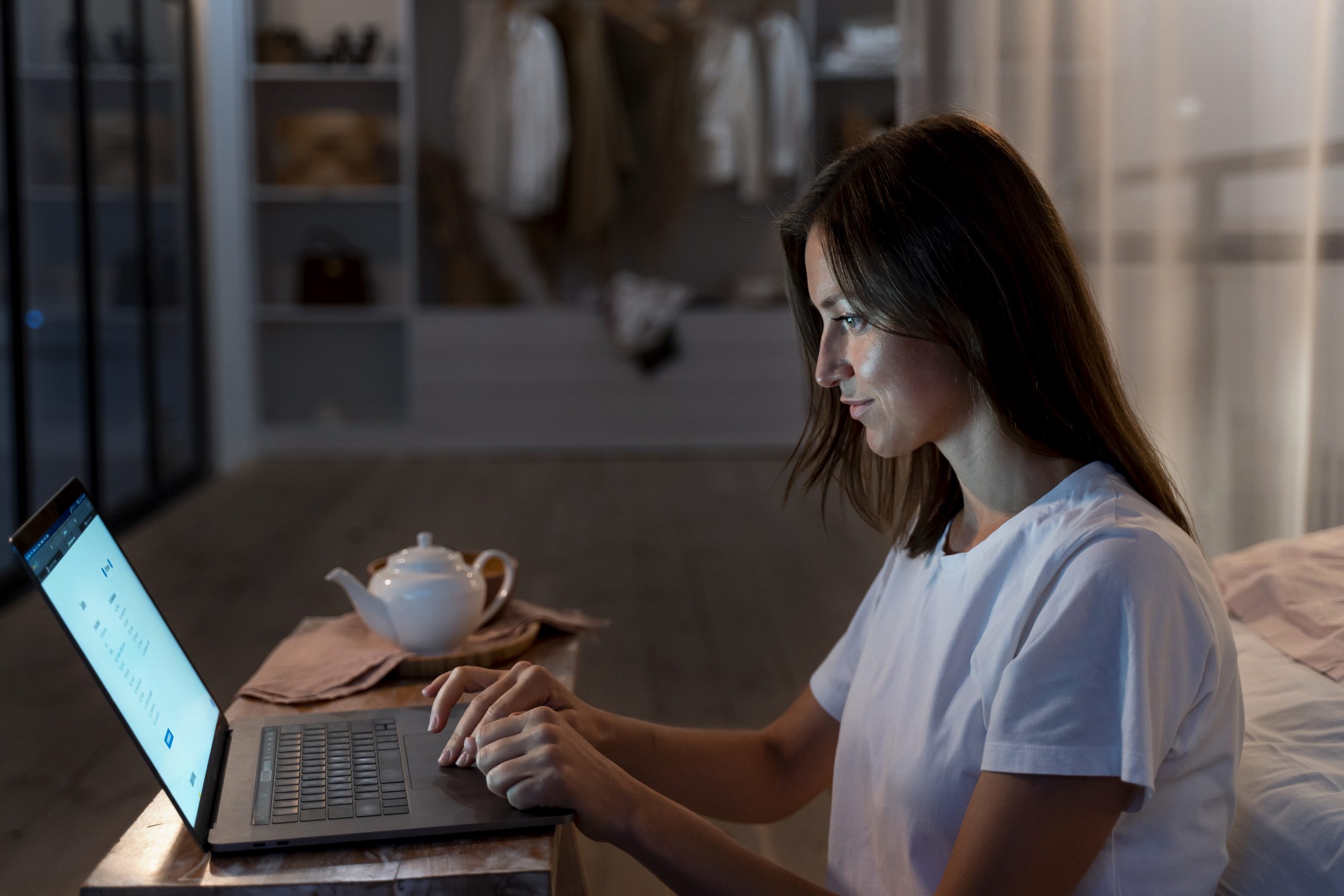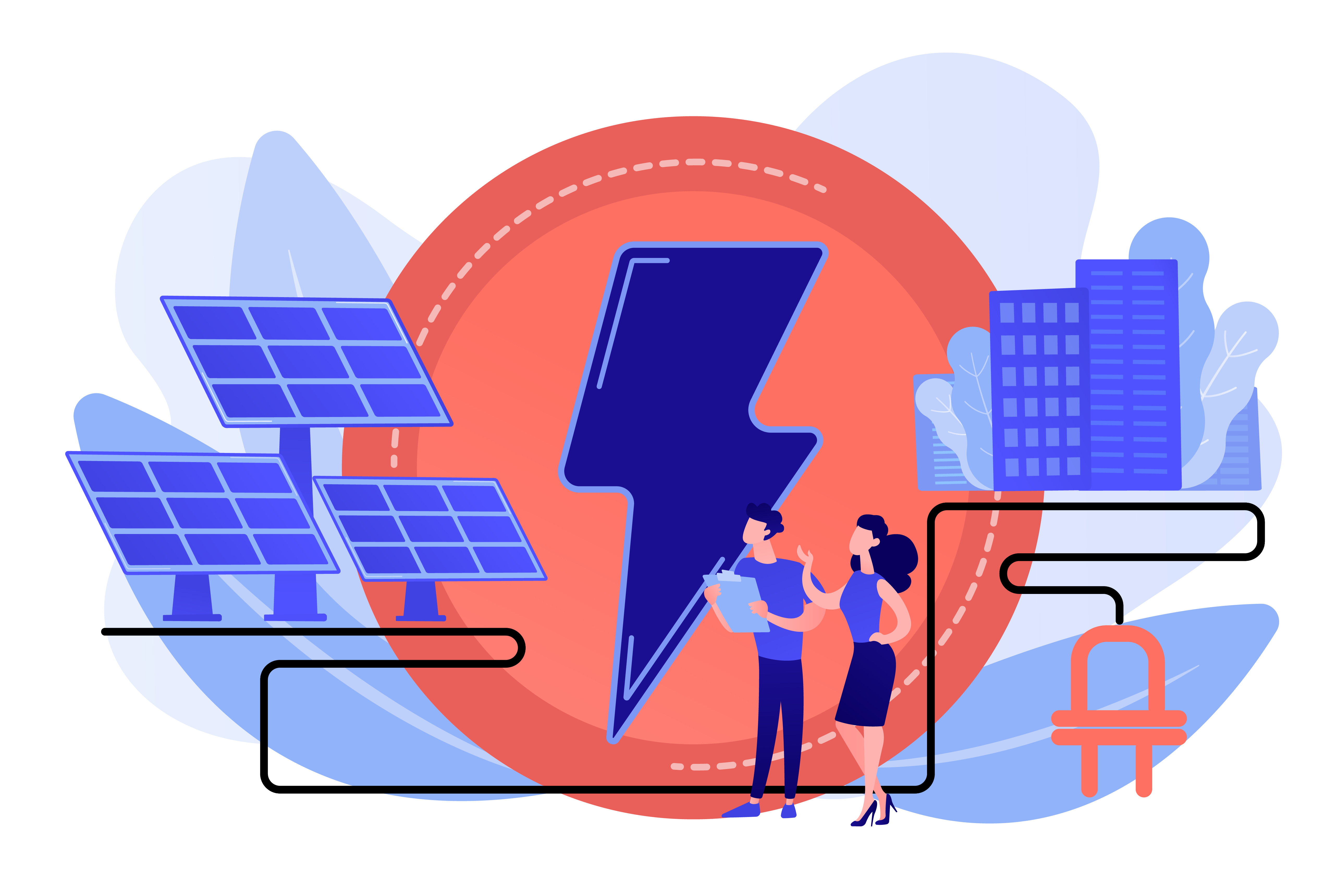
Have you ever been interested in how solar panels work? Are you curious to find out how they work or maybe you would like to install them for your home? If yes, this is the right article for you!

What is a Solar Panel?
Solar panels are energy production systems that use the sun's rays and heat to generate energy. In homes they can be installed for the production of electricity or for general heating of the house and water. There are different types and materials, each of which is more or less efficient. They have a lifespan of around 25 years and do not pollute the environment, in fact having a natural and inexhaustible energy source, namely the sun.
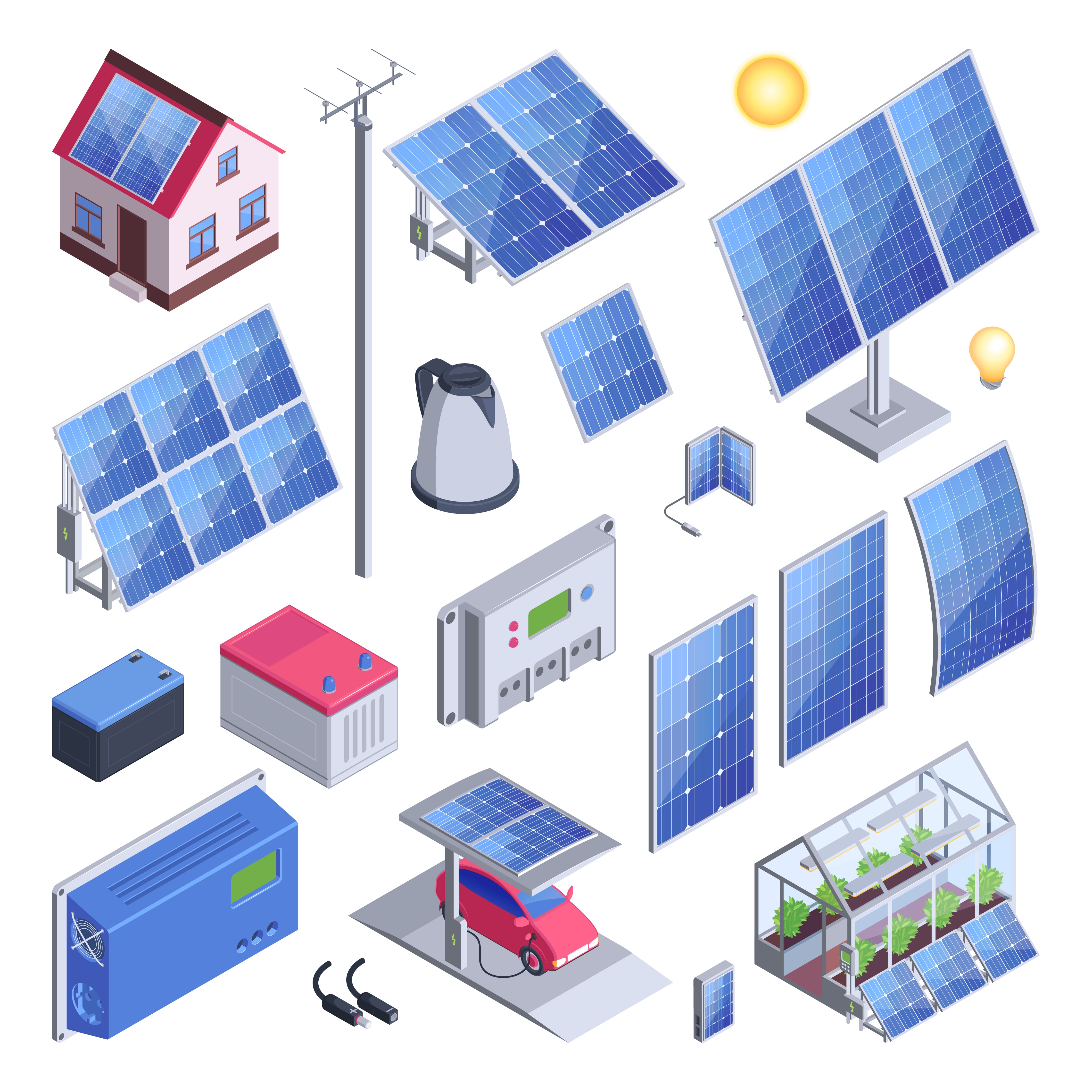
How does it work?
Sunlight shines on the roof of a house, inside its inhabitant turns on a light or starts a washing machine. It all starts from the solar (or photovoltaic) panel which transforms solar radiation into electricity. This happens thanks to solar photons that interact with the electrons present in the silicon atoms, generating a direct current electrical flow that is conducted towards the inverter.
The latter is responsible for transforming the electrical flow from continuous to alternating current, necessary for the electricity grid. Optimizers can be added to the solar panels, small electronic devices that guarantee autonomous operation of each individual solar panel, otherwise linked together in production, thus preventing any production losses of a single panel from affecting the entire system.
The photovoltaic system also includes a meter, which allows you to measure and account for the energy produced by the photovoltaic system and any energy purchased from the grid. A photovoltaic system described in this way can generate electricity only in the presence of the sun, but thanks to accumulation (or storage) systems it is possible to store the electricity produced in the sunniest hours of the day, to use it at night.
The two main storage systems are an inverter with storage (the battery, generally lithium, is connected to the body of the inverter itself) or an external battery pack, which is cheaper but also more cumbersome. If you want to know more about it: https://www.goodenergy.co.uk/
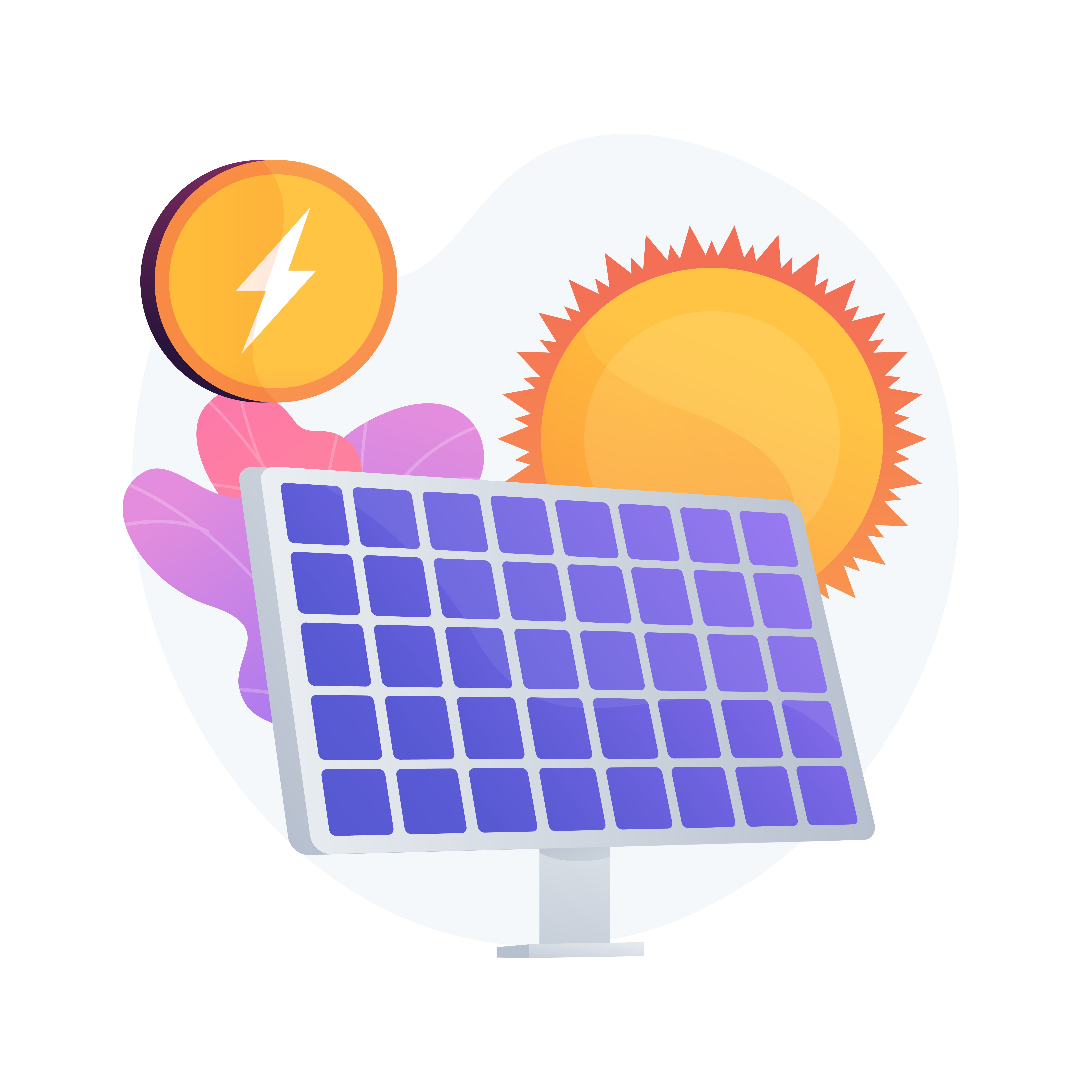
What are solar batteries?
Photovoltaic batteries are systems that allow the photovoltaic energy produced by the system to be stored so that it can then be used at times when the system is not producing energy, such as in the evening or at night. They are the perfect system for energy saving, in order to always have some when the sun isn’t shining.
The batteries and accumulators are connected to the photovoltaic system and governed by management and control devices that intelligently establish when to consume or accumulate the energy produced.
During the day the photovoltaic system produces electricity by exploiting sunlight. Part of the energy produced is used, while another part is accumulated in the batteries. In the case of grid-connected systems, i.e. connected to the electricity grid, a portion of the accumulated and unused energy can also be fed into the grid and in some cases you can stipulate contracts with large energy producing companies to sell part of the extra energy you produce.
This battery is one of the most important parts of the solar panels system, so it’s always better to control it and, in case of malfunction, to have a battery backup.
Is it difficult to install them?
The first thing to do is evaluate the condition of the roof, to establish the remaining lifespan of the current roofing. The entire roof surface should be inspected very carefully to identify any areas that need repairs. It is important to guarantee a useful life of the coverage of at least 20 years - equal to the typical life of a photovoltaic system and state incentives - to avoid the costs of removing the photovoltaic system to carry out repairs on the roof.
Furthermore, an expert must evaluate, with an inspection and specific calculations, the resistance of the roof to the weight of the panels and to strong winds that hit them. As regards installation on flat roofs, first load the photovoltaic panels on the roof, taking care not to damage the roof covering.
After that, the east-west direction is determined, along which the linear metal supports are fixed to the roof, on whose tracks the panels will be attached, which must be oriented to the south. Many types of structures are fixed by drilling holes in the roof and using dowels.
Finally, mount the panels, which will therefore be raised above the roof, and then proceed with the relevant electrical connections. The last step is to adjust the inclination of the panels: for each latitude, in fact, there is an optimal value that allows you to maximize solar radiation.
In the case of inclined surfaces, metal frames are used, suitably cut to size, which allow partial or total integration with the roof itself. Here you can consult a website that explains the process, also there’s a short video you can watch: https://www.electronicsandyou.com/
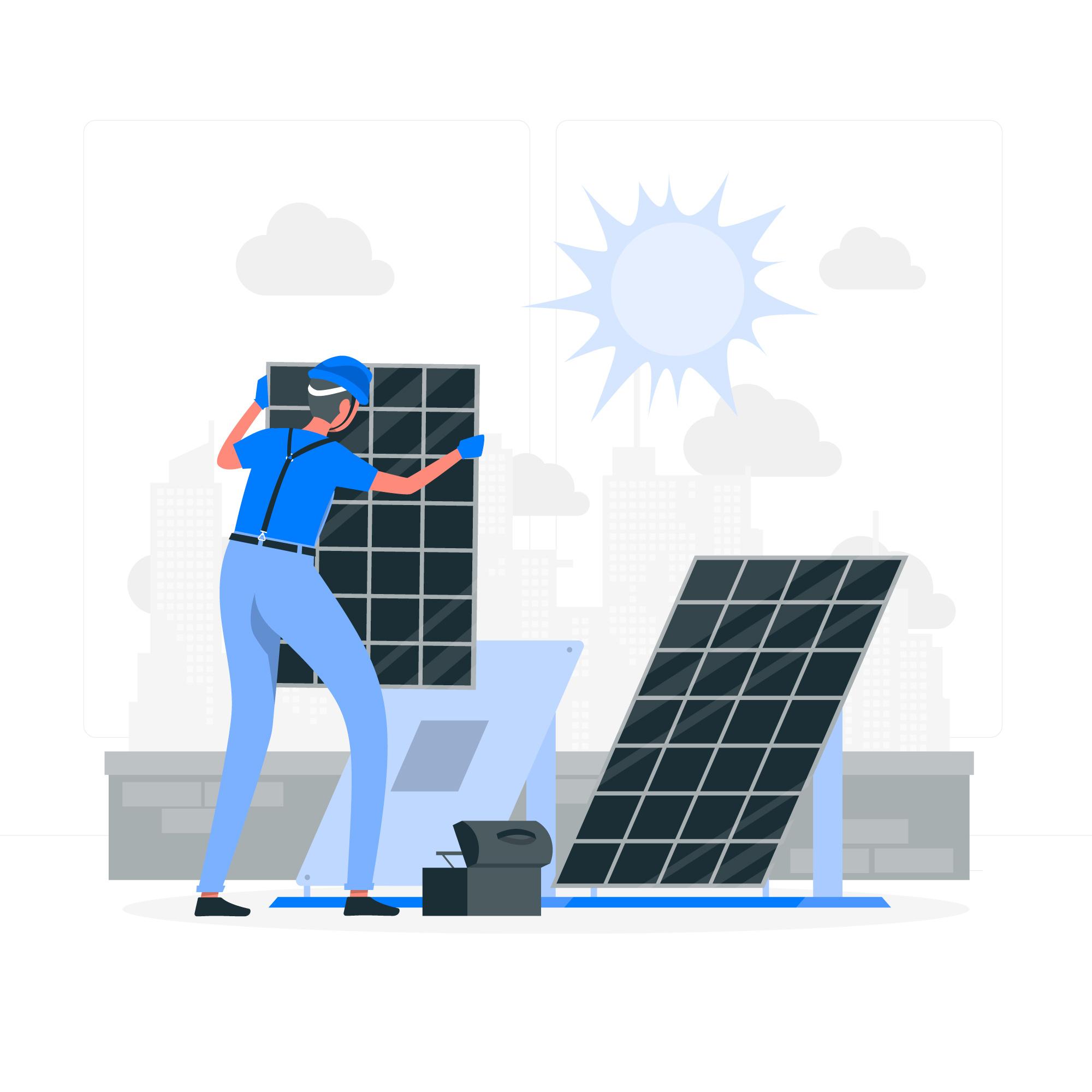
Some advices
For more energy saving and for a better use of the solar panel, we’ll give you some advices: first of all, you should eliminate devices and appliances that consume too much electricity, the lower your overall consumption, the greater the part of it that you can cover using the solar system. Subsequently, the installation of LED bulbs is recommended as, unlike normal ones, they do not retain energy in the form of heat, but release it as electricity and therefore light.
The appliances with the greatest electricity requirement are the dishwasher, the washing machine, the dryer and the kitchen stove, so we recommend using them only during the day. Many electrical devices (kitchen appliances, TVs, computers, etc.) consume electricity even when they are not in use.
The devices should be physically separated from the electrical circuit when they are not in use, because they consume energy even when on standby and considering that the number of these devices is high on average in homes, the accumulation of this energy would make it wasted.
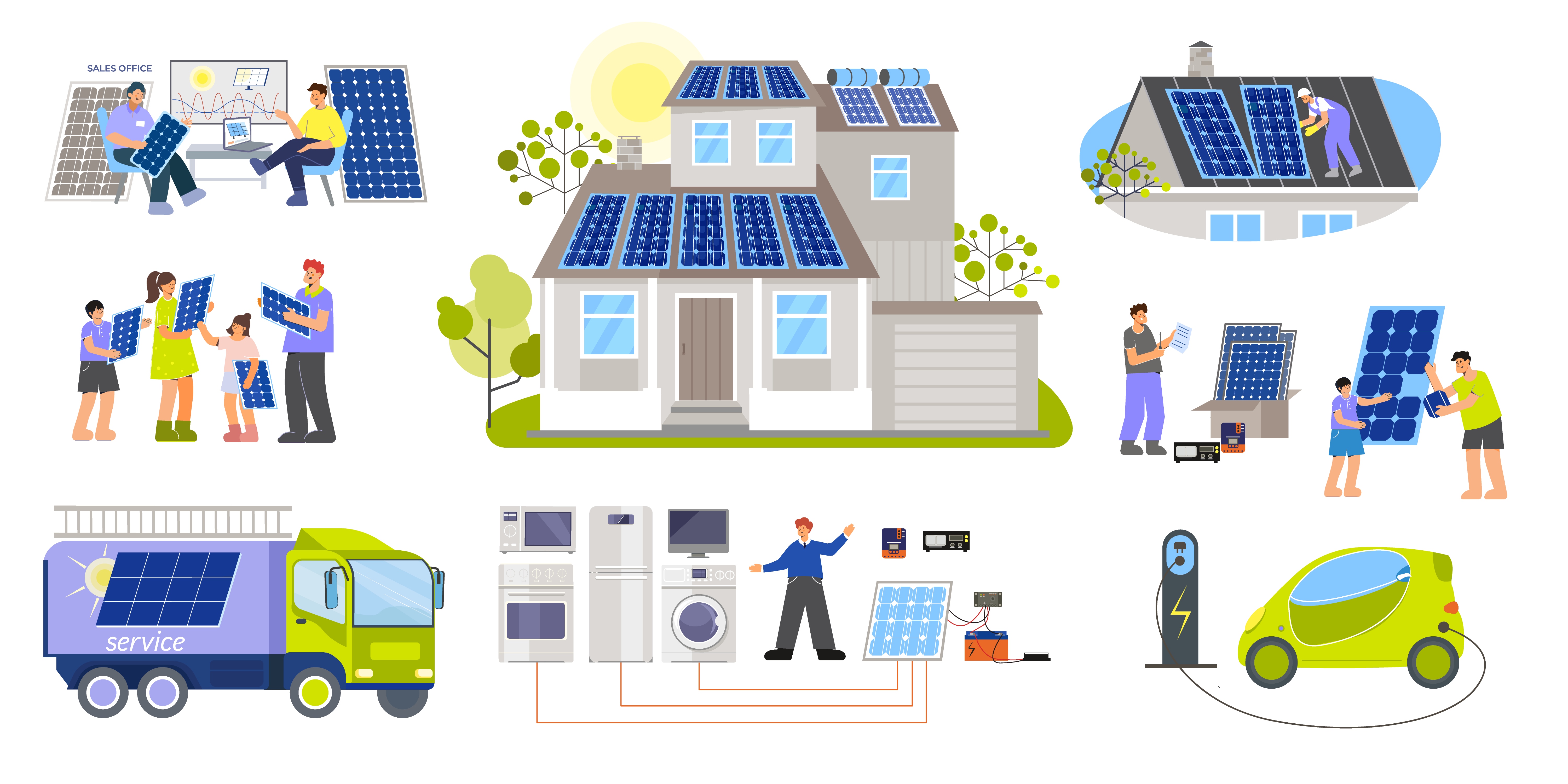
Alpha Solutions
Our company offers efficient and creative work for any of your needs, carried out with passion by our young employees. If you want to know more about solar panels, and its influence on the environment, or other topics (such as Artificial Intelligence, business advices, etc.) you can consult our blog: https://alphasolutions.pw/blog/
-
Previous Post
Empower your Company in Texas and Miami
-
Next Post
QualityHR: The Key to Success in Florida
Related Posts
Developing Soft Skills for Better Interviews and Client Relationships
When you deliberately invest in freelance soft skills development, you increase your chances of winning…
Key Skills to Excel as a Freelance Virtual Assistant
The role of virtual assistant is one of the few professions that is not threatened…
Enhancing Interviews with Emotional Intelligence and Non-Verbal Communication
Job interviews are not just about professional experience; 70% of success is emotional intelligence in…
Effective Communication Strategies for Remote Teams
Effective communication is essential in any type of work, but when it comes to remote…








 test
test
